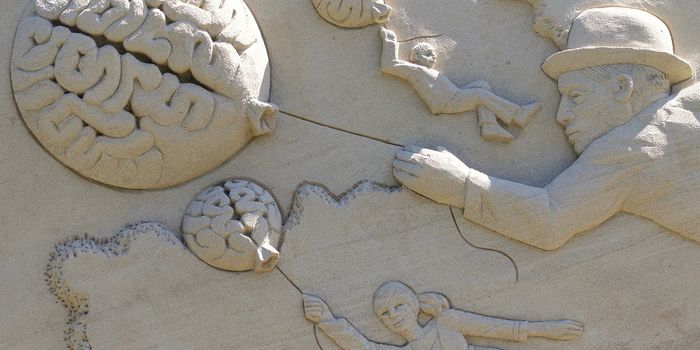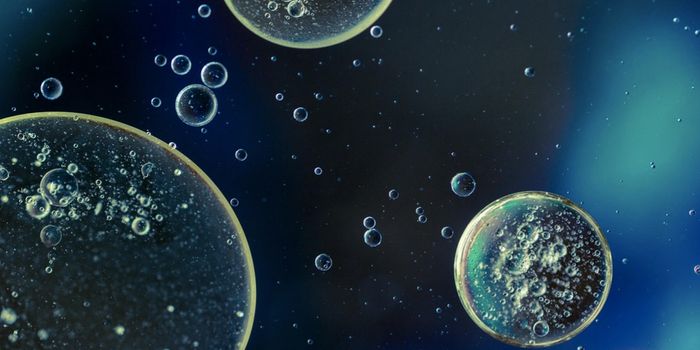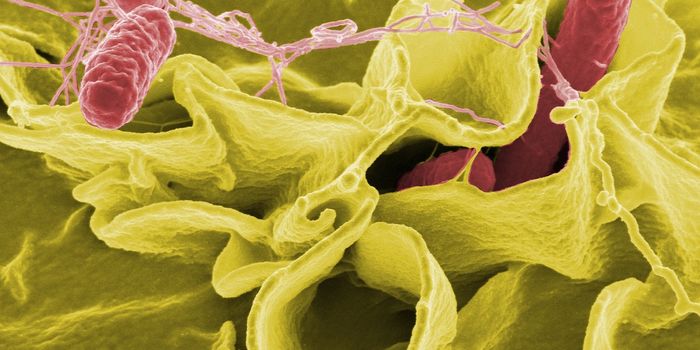Autism Study Reveals Widespread Transcriptomic Changes in the Brain
We know about some of the risk factors for autism spectrum disorder (ASD), and like other neuropsychiatric disorders, there is a genetic component. However, the genetics of ASD are incredibly complex, and can involve small changes in hundreds of genes that influence one another. With patient data and computational tools, scientists have been able to find some patterns that have revealed the dysregulation of gene expression in the frontal and temporal cortex regions of the brain. In a new study, scientists have analyzed the molecular changes in the brain that are associated with ASD, including genes that have been processed, or spliced in different ways. The work showed that changes in gene transcription are widespread, throughout the cerebral cortex of individuals with ASD compared to neurotypical controls. The findings have been reported in Nature.
The changes identified in this research have implicated a wide variety of places in the brain. They do not only impact regions that are relevant to language and social behavior, either. Significant changes were found in gene expression in the primary visual cortex and the parietal cortex, for example, where sensory information such as pain, temperature, and touch are processed. The study authors noted that this may help explain the hypersensitivity that is often observed in ASD patients.
But there were differences found in almost all of the eleven parts of the cortex that were assessed. The study authors noted that these changes seem to be the cause of ASD; they are not happening because of the disorder.
The researchers also found that at the single-cell level, excitatory neurons and glia were especially affected by these transcriptomic alterations.
In this work, the researchers analyzed gene activity in eleven parts of the cerebral cortex with RNA sequencing. That method provides a snapshot of the genes being expressed in some tissue at some time. In this case, post-mortem brain samples were obtained from 112 ASD patients, and neurotypical controls.
"We now finally are beginning to get a picture of the state of the brain, at the molecular level, of the brain in individuals who had a diagnosis of autism," said co-corresponding study author Dr. Daniel Geschwind, the Gordon and Virginia MacDonald Distinguished Professor of Human Genetics, Neurology and Psychiatry at UCLA. This research could establish an important starting point to investigate the mechanisms of ASD, which may help accelerate the development of treatments, Geschwind added.
Sources: University of California, Los Angeles (UCLA), Nature









